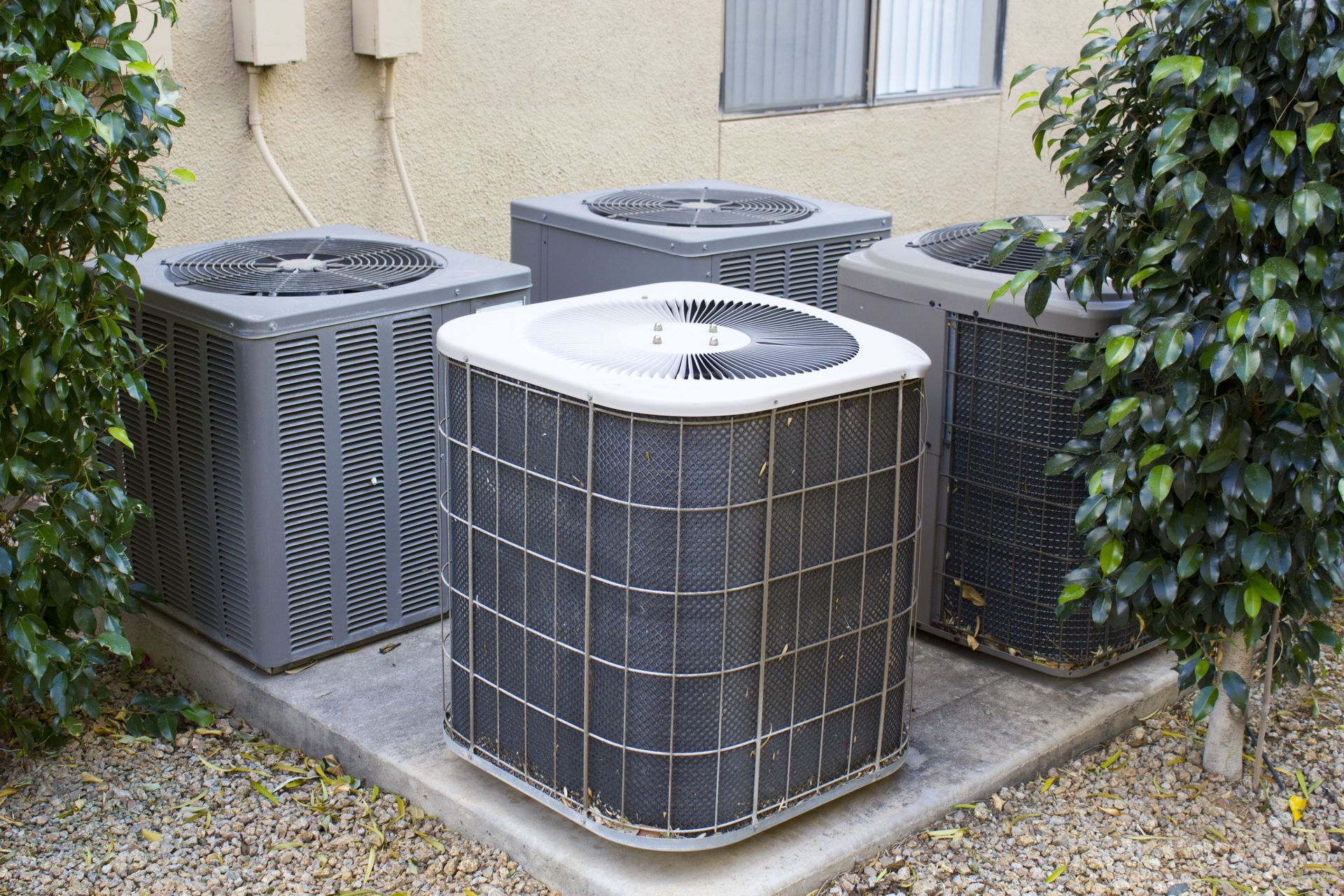Understanding How an Industrial Chiller Works
Industrial chillers play a crucial role in maintaining the efficiency and effectiveness of various industrial processes. These machines are vital in managing temperature control, which is essential for ensuring product quality and operational safety. Whether they are used in manufacturing, power generation, or large-scale commercial facilities, understanding how industrial chillers work can provide insights into improving energy consumption and enhancing system longevity.
How Industrial Chillers Function
At the core of an industrial chiller is a refrigeration cycle that involves several key components: the evaporator, compressor, condenser, and expansion valve. The process begins with the evaporator, where a refrigerant absorbs heat from the water or air that needs to be cooled. This converted hot gas enters the compressor, which then increases its pressure and temperature, preparing it for heat expulsion in the condenser. In the condenser, the heat from the refrigerant is released into the atmosphere or another cooling medium, allowing the refrigerant to return to a liquid state. Finally, the liquid refrigerant passes through the expansion valve, reducing its pressure before looping back to the evaporator to repeat the cycle.
How They Work in Commercial Settings
An industrial chiller is exceptionally vital in commercial settings due to its impact on overall energy usage and expenditure. According to the EIA, cooling building electrical usage made up 14% of total spending in commercial buildings. By efficiently managing the cooling process, industrial chillers help reduce energy consumption and costs. High-efficiency chillers incorporate advanced technologies such as variable speed drives, improved heat exchanger designs, and optimized control algorithms to deliver superior performance while minimizing operational expenses.
How Their Needs Can Be Customized
Another important aspect of industrial chillers is their ability to be tailored to specific needs and applications. Depending on the requirements, chillers can come in different configurations such as air-cooled, water-cooled, or glycol-cooled systems. For example, in our experience, air-cooled chillers are often preferred in areas with limited water availability due to their reliance on ambient air for heat dissipation.
Industrial chillers are pivotal components in maintaining temperature control across a variety of industrial and commercial applications. Understanding the function of their core components, their role in energy consumption, and the different configurations available can greatly aid in selecting the right system for your needs. Properly chosen and maintained chillers not only improve process efficiency but also contribute to significant energy and cost savings.
Are you looking for an
industrial chiller? Here at A&I Mechanical Service Inc, we've served the local community since 1954. Contact us today to learn more!
VISIT US
serving Area
Long Island, NY
and surrounding areas
Business Hours
- Mon - Sun
- -
24/7 Emergency Services


Share On: